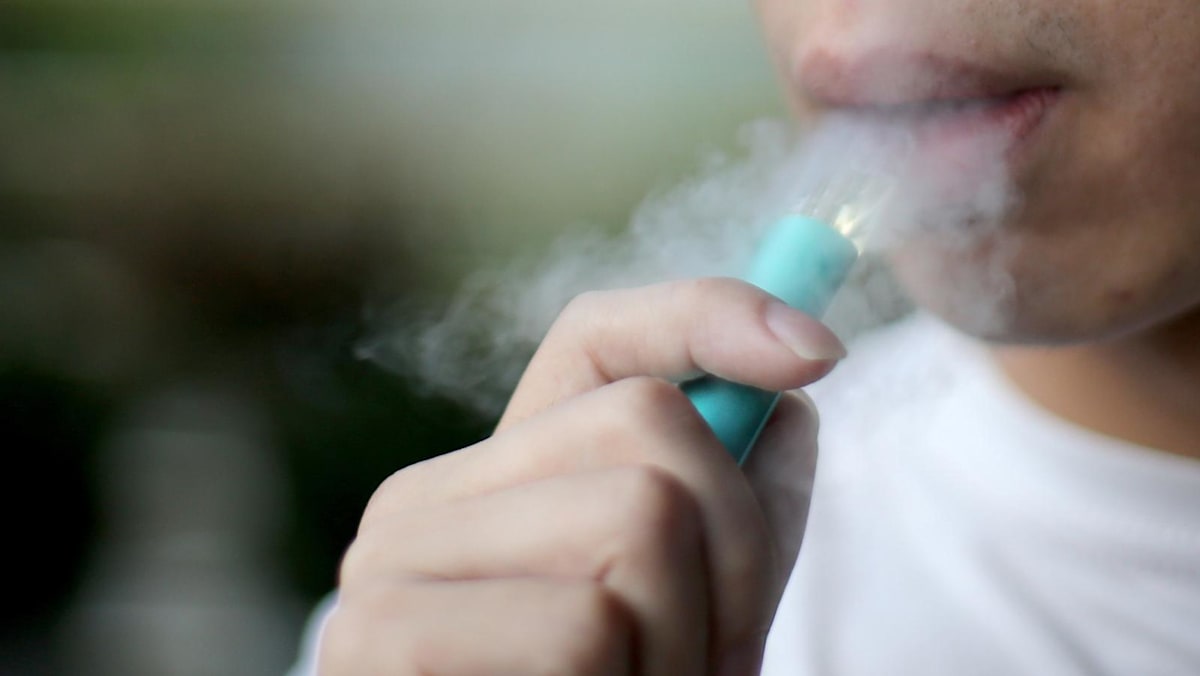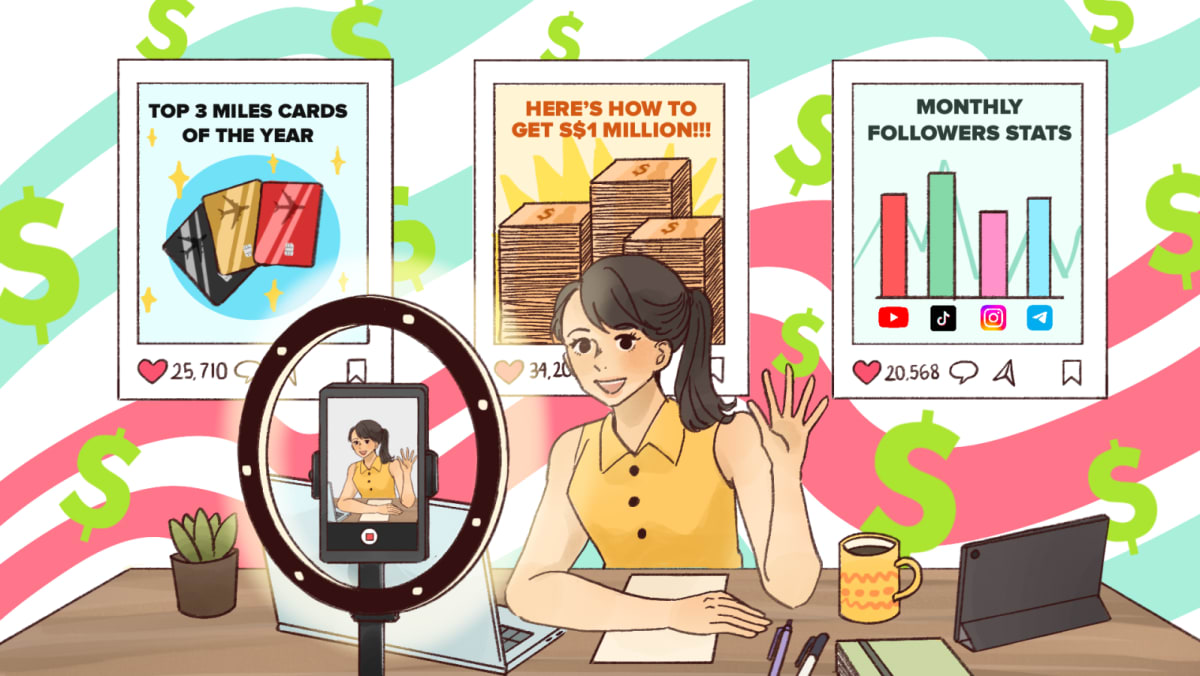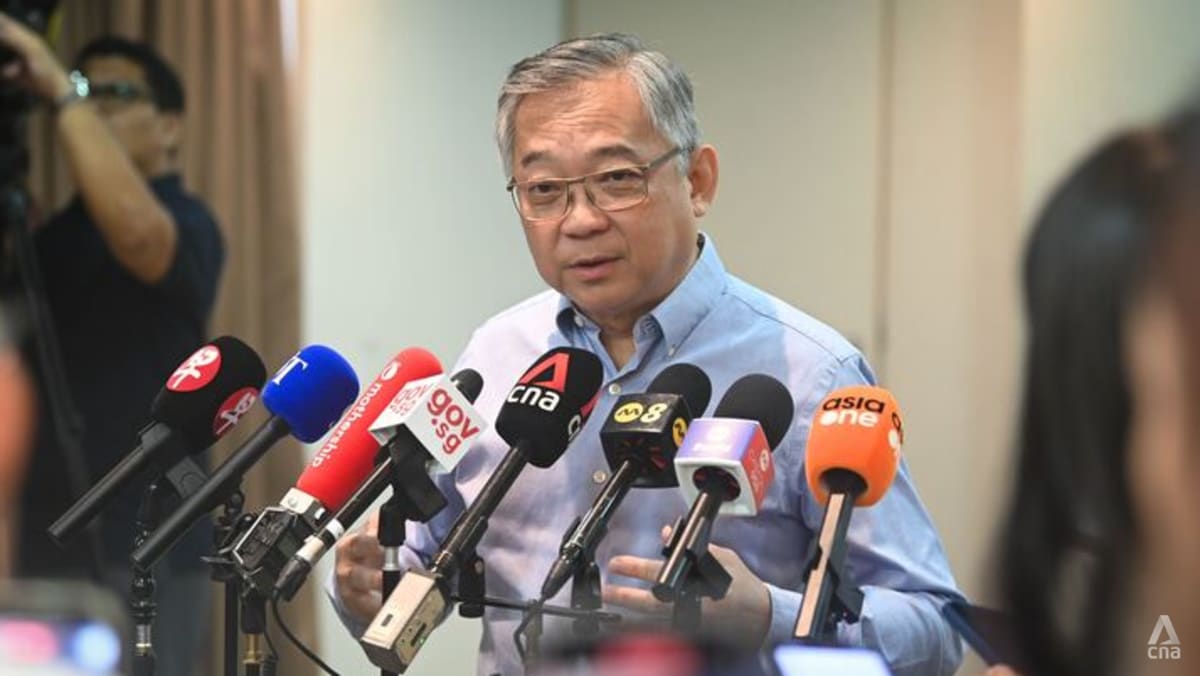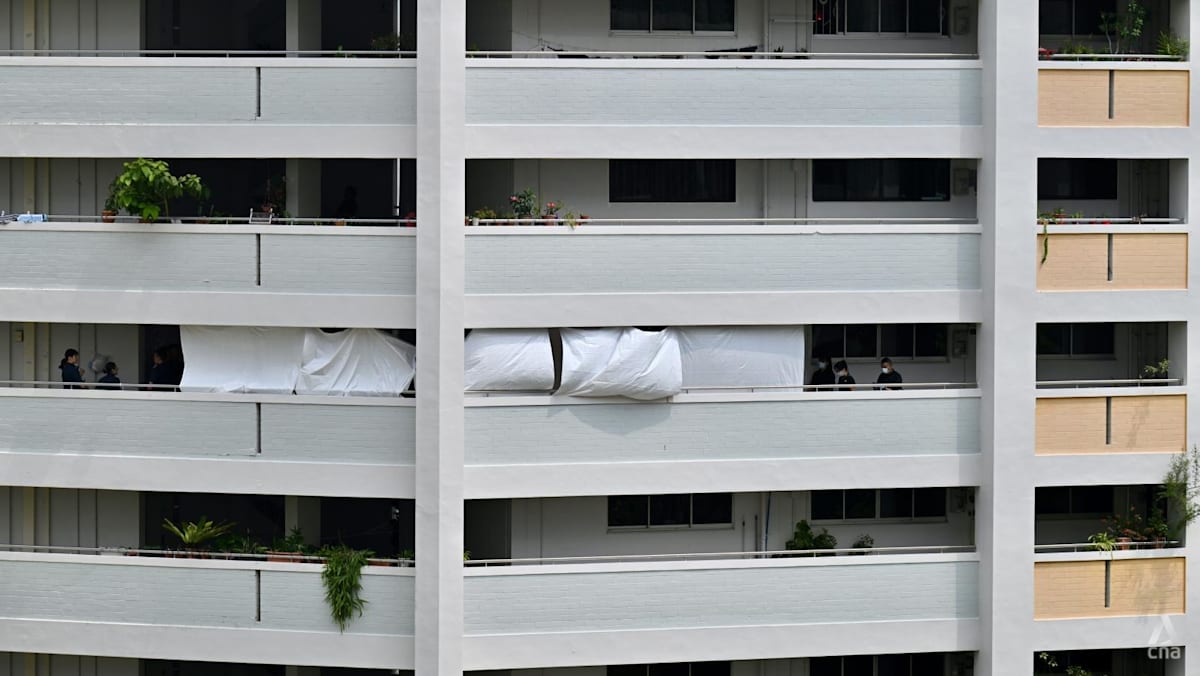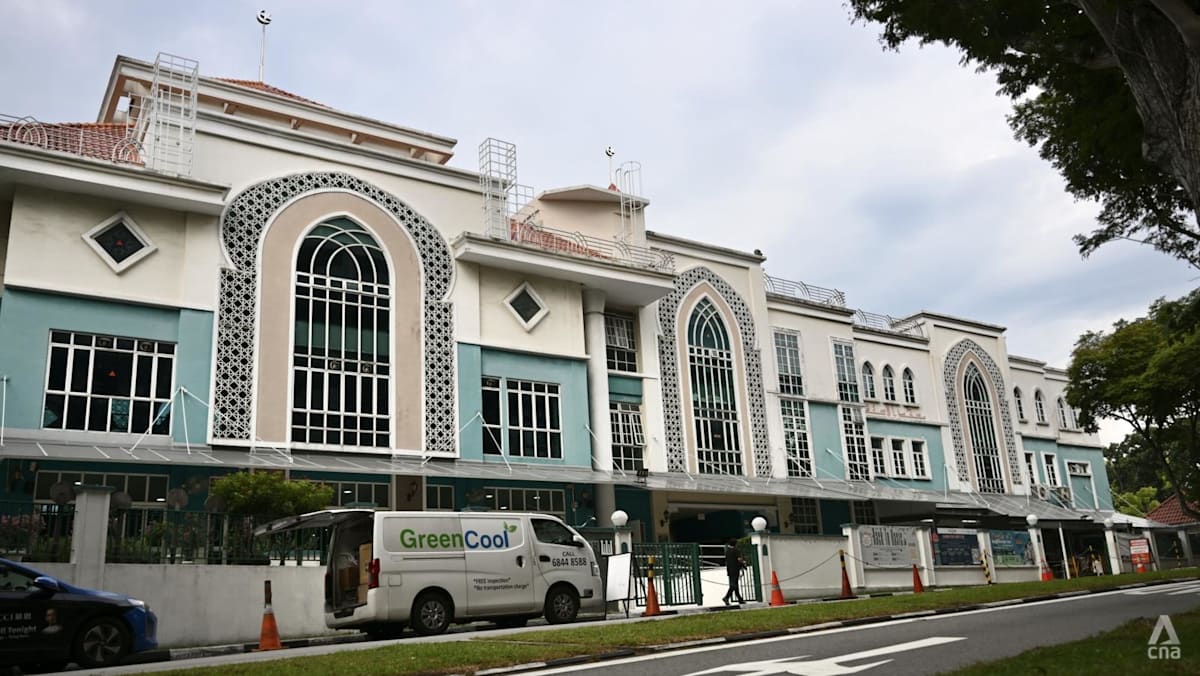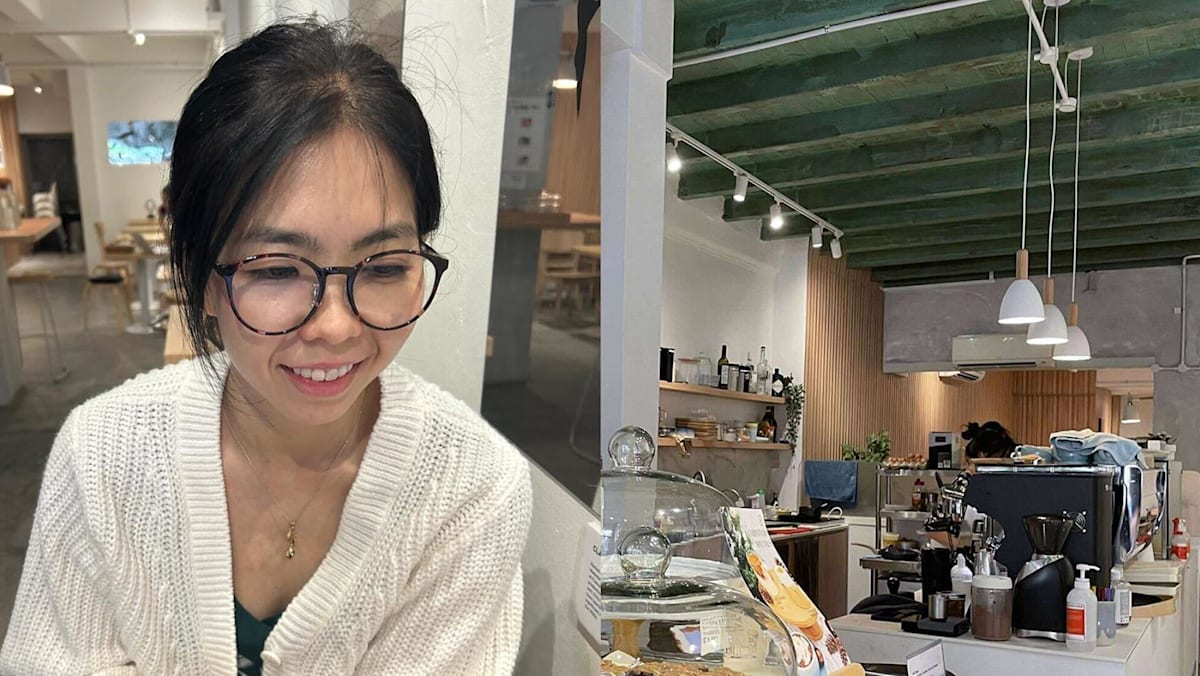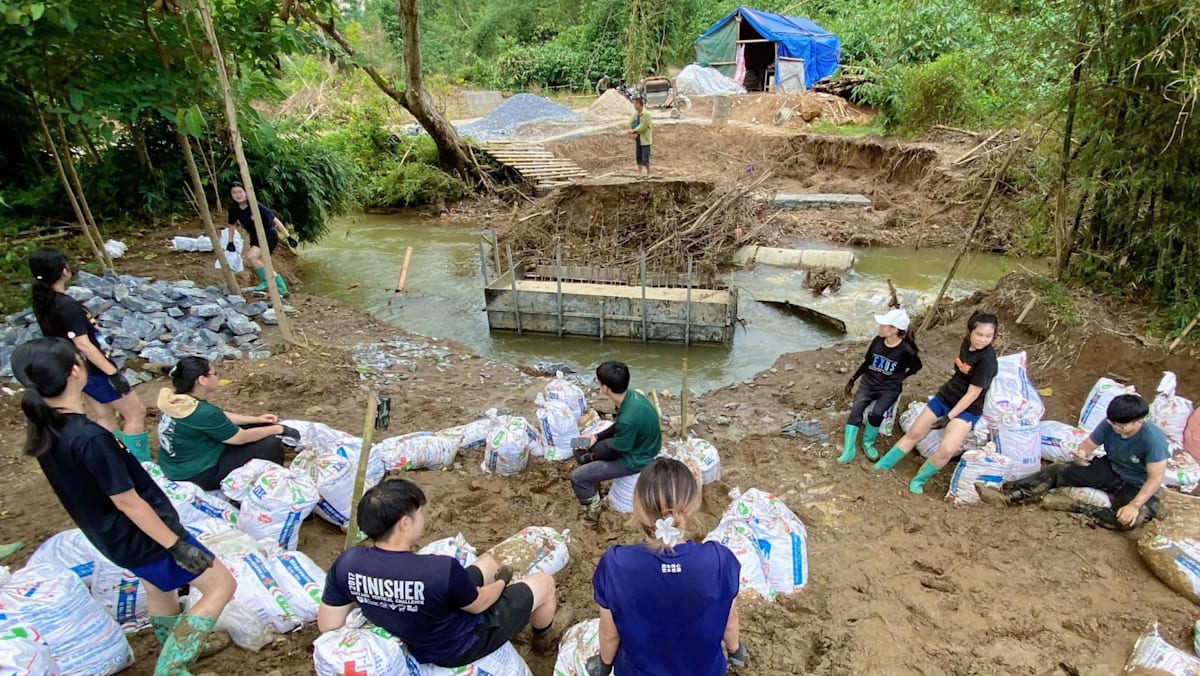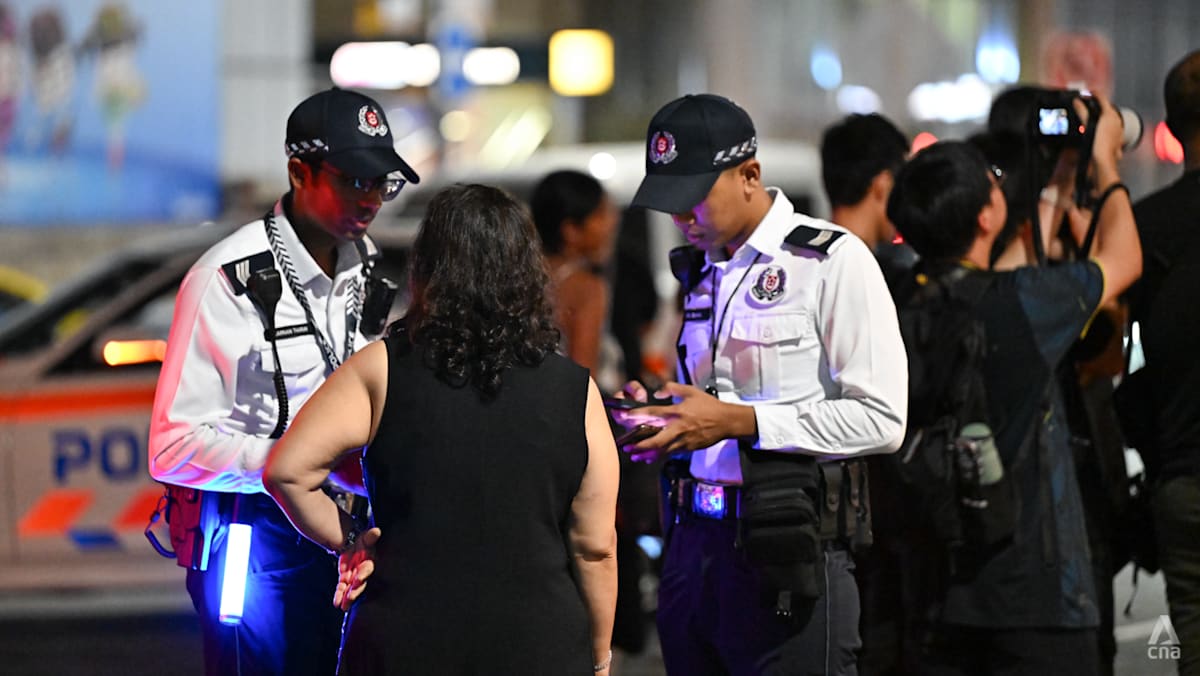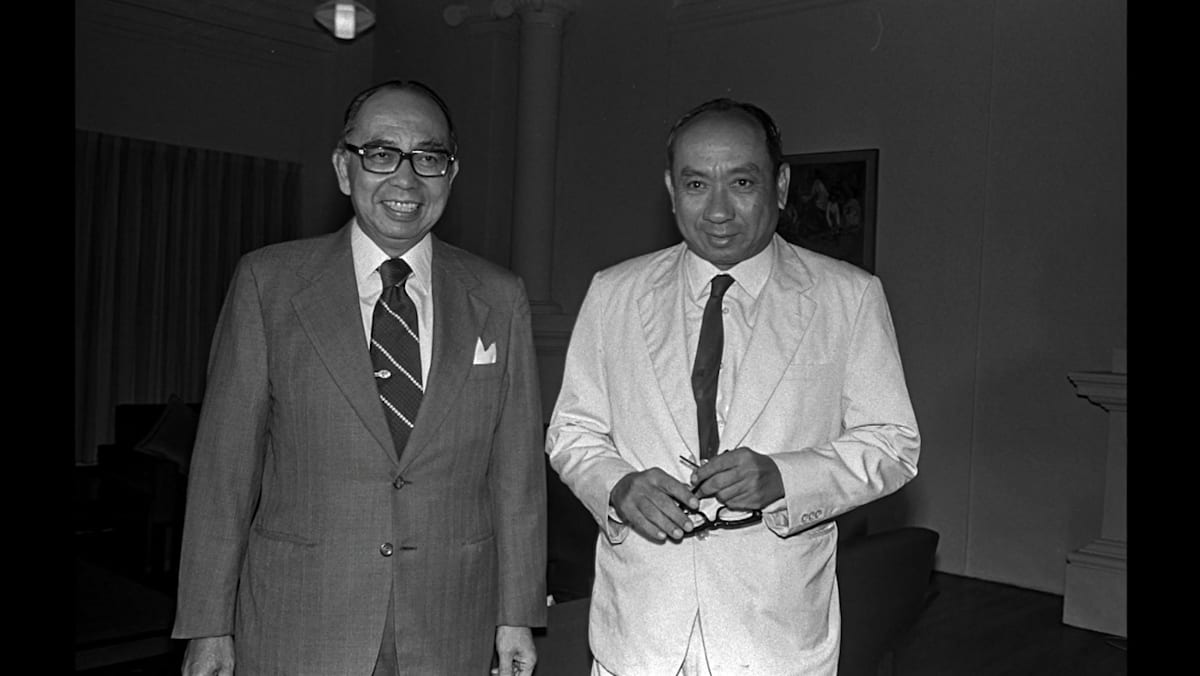SHORT-TERM IMPACT
Singapore’s pharmaceutical exports to the US are primarily patented and branded products, but there are other products or components that are not branded that will not be subject to the tariffs, said Mr Gan.
The companies are clarifying with the US administration to better understand the conditions of the criteria, and confirm whether their plans for their plants will allow them to be eligible for tariff exemption, said Mr Gan, who is also Minister for Trade and Industry.
When asked if the Singapore government is in negotiations with the US government and whether each pharmaceutical company will also be conducting its own negotiations, he confirmed that discussions will take place at both levels.
“At the government level, we will need to have some arrangement between Singapore and the US with regard to the tariffs,” said Mr Gan.
But for each company, their situations also depend on their investment plans in the US, which are not subject to the government’s decisions, he added.
“The companies will then have to discuss with the US administration whether their current plans that they have will be eligible. If yes, then that’s not an issue. If no, then how do they modify their plans so that they become eligible.”
Mr Gan highlighted several initiatives that have been announced to help companies to adjust to the new environment, including the business adaptation grant due to be launched in October that will see more details announced over the next few weeks.
“This scheme will be able to help many of the companies that are affected by the new tariffs to adjust the supply chain to reconfigure the production base in order to be able to manage the impact of the tariffs,” he said.
The government is prepared to do more if necessary to help companies transition, he added.
The Graduate Industry Traineeships programme will also help to provide more opportunities for fresh graduates amid the uncertainty and volatility in the future, said Mr Gan.
On Thursday, Trump also targeted home renovation materials – a 50 per cent tariff on all kitchen cabinets, bathroom vanities and associated products, as well as a 30 per cent tariff on upholstered furniture.
Responding to a question about how these would affect Singapore businesses, Mr Gan said the government is reaching out to the “major players” in Singapore who export to the US or are planning to do so.
The government is currently assessing the impact of these tariffs for furniture exports to the US, said Mr Gan.
“Many of these companies also have regional markets, which is actually where they started,” he added.
“These are the companies that we will work with to see how we can help them to stay competitive.”
LONG-TERM IMPACT
Addressing the longer-term impact on investments in Singapore, Mr Gan noted that many countries that entered into agreements with the US have made investment commitments beyond the pharmaceutical industry.
“Some of these investments, the resources, the funds could have been targeted at investing in Singapore and this region, but now they have to be diverted to the US … So I think this, in the longer term will shift the investment pattern,” he said, adding that it will become even more competitive.
This is why Singapore needs to double down on investment promotion and keep the country competitive to attract investments, he added.
“They’re all interconnected, they’re all linked together. And this is about long-term resilience and competitiveness.”
Singapore will have to continue to focus on areas that it can be competitive in, said Mr Gan, adding that the government will help some companies “reorganise themselves”.
For pharmaceutical companies, the US is not their only market as they export “a lot” to other countries.
The government can work with the companies that don’t qualify for the tariff exemption to see if they can move to other or new markets and attract investments from beyond the US, he said.
At the same time, if Singapore can still be competitive despite the tariffs, it might still “get a piece of the market” for the pharmaceutical companies based here, he added.
Ultimately, Singapore hopes for an arrangement that will allow it to continue to be competitive in the US market, and for pharmaceutical companies to continue exporting there, said Mr Gan.
“As to whether the tariff rate will be 15 per cent or any other tariff is something that’s part and parcel of the negotiation. But we do look forward to having some preferential treatment versus the current top-line tariff the US has imposed,” he added.
When asked if Singapore is considering other options, including tax incentives, to encourage pharmaceutical companies to continue investing in Singapore, Mr Gan said it would not be possible for the government to provide a long-term subsidy because of the tariffs.
“Because then the business itself may not be viable,” he said, adding that the business may need to be reconfigured to become viable.
The government can support and provide incentives to businesses throughout this reconfiguration and adaptation process, he said.
“You have to be quite realistic. If the underlying business is not viable, it’s not possible for us to subsidise … in the long term.”
